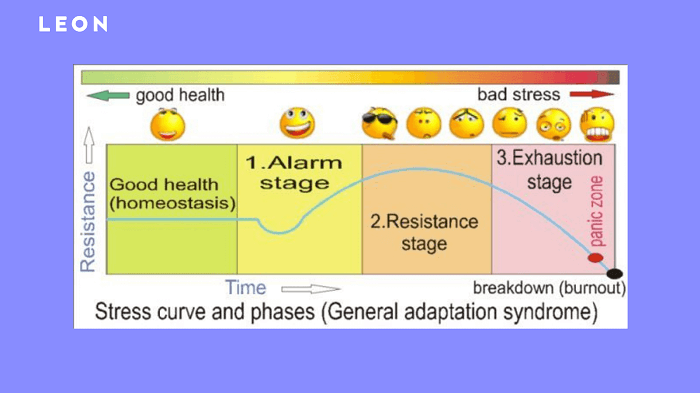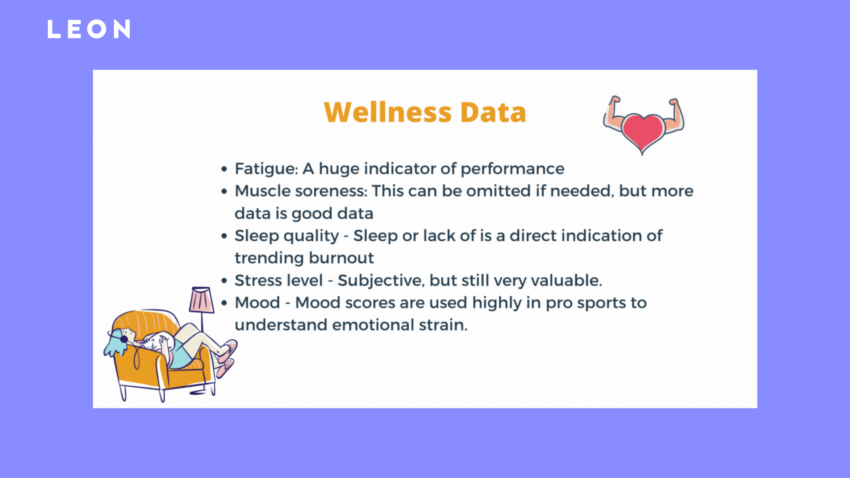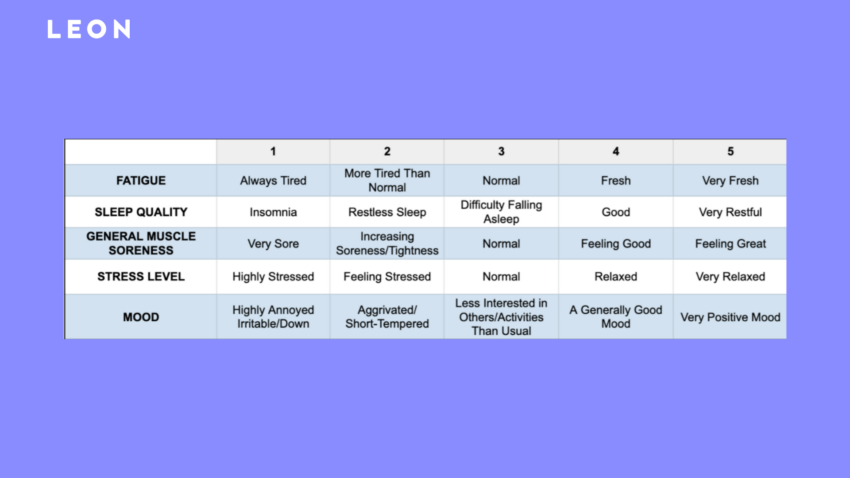Burnout and The Art of Performance Management
Burnout. Burnout. Burnout.
Burnout is real. Your team is suffering from it right now. You need a plan.
Burnout and its relationship to performance management is one of the most misunderstood concepts in business today. A problem so large, burnout costs the workforce an estimated $1 trillion in lost productivity each year.
Tell us about burnout
What is Burnout?
Most of you reading this have zero clue what burnout actually is, how it affects your employees (both physically and mentally), and most importantly, how to fix it once burnout sets in. And that’s ok. We’re here to teach you all about burnout, how to avoid it, and what to do when it comes up.
It’s complex systems theory (bear with me). Burnout, fatigue, mental health, and even employee performance as a whole are all based on complex systems theory. Complex Systems Theory refers to a system that has multiple inputs ranging from your genetics, your ability to run a mile, and even the fight you had with your spouse this morning after they watched a new episode of The Boys without you (which is a damn good show by the way…and how dare they?)
Burnout is biology on its simplest, most evolutionary level.

We treat things such as burnout and “resiliency” like they are a one-trick ponies that can be fixed with a day off, a walk in the park, a nice conversation, or yoga at lunch. Unless you’re converting to Buddhism’s 8-fold Path as it relates to your business practices, these methods will likely fall short.
Burnout is a lot more complicated than that. Although we are getting better, we need more data to understand the actual complexity of its system. Without the data, we will continue running on the same “employee engagement” treadmill, year after year, and simultaneously steal years away from our employees while not helping them improve their well-being.
We humans, are strange, adaptable, and very different in how we process and manage stress. Everything and nothing will work for the different members of your team. So we have to get real. Unless you have data and a strategy for helping each and every individual person on your team, you’ll be in the thick of burnout hell, fast.
So what’s the answer?
To manage burnout, we need to take a deep dive into the very real factors behind performance management and understand that humans are made up of resources that can be depleted over time. Once those resources are depleted, Enter Burnout (cue “Enter Sandman” music).
You need a game plan to manage these resources, your sales organization, and possibly even yourself.
Game Plan
As always, this game plan starts with data!
We will call this “wellness data”.

How do we use it?
Our wellness data inputs from above are built into a 1-5 survey model. With 1 being the worst, and 5 being the best. This survey allows you to gain a composite score of your team before and after-sales sprints, or even busy quarters. Think of this as your “performance index”.
Using this performance index, develop a spreadsheet with both the time of year and the type of sprint you are benchmarking. Once you have the scores (before and after), you simply enter those performance scores into your spreadsheet. This score is reflective of your “cost” from the people perspective of your sprint.
For example, think about a scenario in which you have a crazy quarter with huge people demands. When you implement your survey you will find that you have a tremendously low score (Remember: 1 is the worst & 5 is the best). That is the cost to your people. You now have a quantifiable way to understand how the resources of your people are depleting. You get to understand the cost, on your people, of that crazy quarter.
There is a ton of noise in this data initially, but over time you’ll gain insights into how to better manage your team leading up to, during, and after a heavy sales push. See our 1-5 breakdown across each key category below:

Some Real-Life Examples
Performance Index before a sales sprint
- Much like a pro sports team, being fatigued and unprepared physically for an event is never a good idea. That’s why in situations where your team is fatigued going in, you must tread lightly. This might be a time where you adjust OKRs to match their current state of readiness, or even scrap the sprint entirely, if possible. Regardless, you must be mindful to not add too much to the fatigue when it is already so high. Do whatever you can to reduce stress for your team as much as possible.
Performance Index after a sales sprint
- When driving this exercise, it is important to look at your past wellness scores to understand how high they measure up to other stressful scenarios. If relative stress is within a normal to slightly elevated range, then you can think about maybe adding more stress or increasing the goal the next time you have a similar sprint. If the scores indicate more stress than normal, you will need to help your team bounce back FAST! Adjust schedules, give days off, schedule an in-office massage, outdoor office days, etc. The goal is to drive recovery before the next sprint, so get them ready!
The grind, the constant push, and the unrelenting stress that work can bring will break your team into a million pieces over time. We can’t treat our people as if they’re machines. Machines break, but humans will shatter. Burnout needs to be snuffed out. To do so, we need to start treating it like the medical condition it is.
Thinking back to when the RG Mag covered Three Must-Have Soft Skills for Sales Leaders, all three of these skills can help you manage burnout. The Authenticity to recognize it, the Collaborative approach to tackling it, and the Emotional Intelligence it takes to value the state of mind of all your direct reports. These are necessities.
So leaders, hear us. Burnout is real. Burnout is measurable. You need a plan to mitigate it. Bring awareness to your teams, showcase your care for their wellness, and see how they benefit from it firsthand, both physically and mentally.